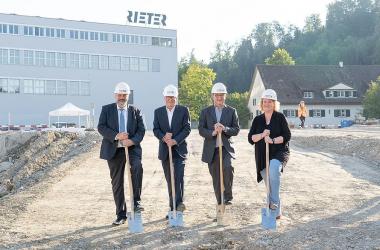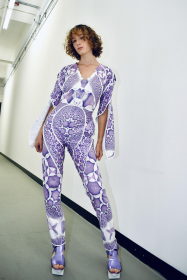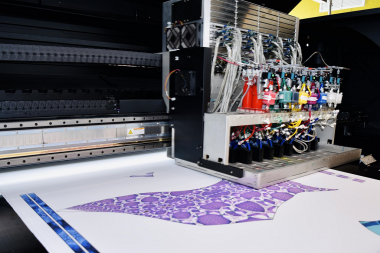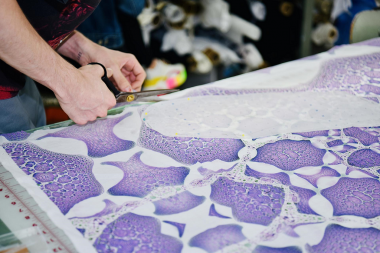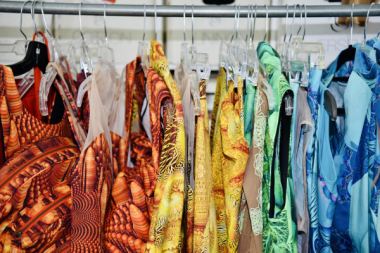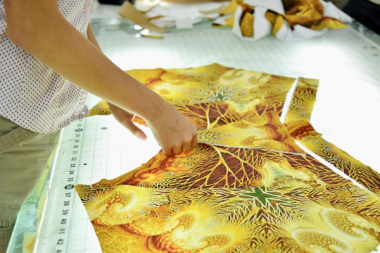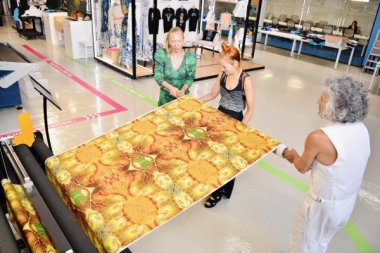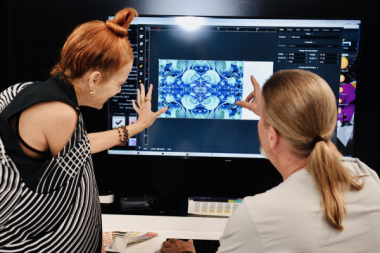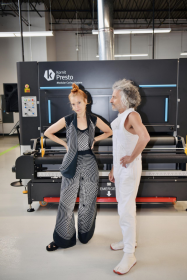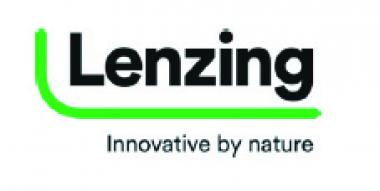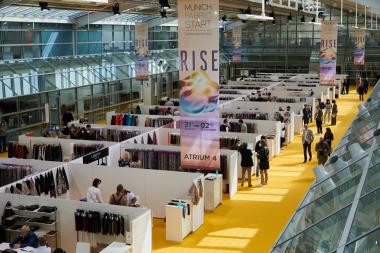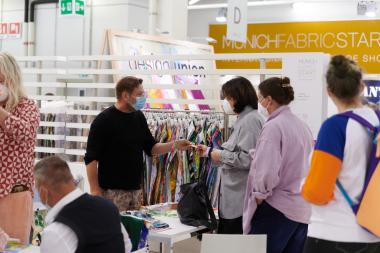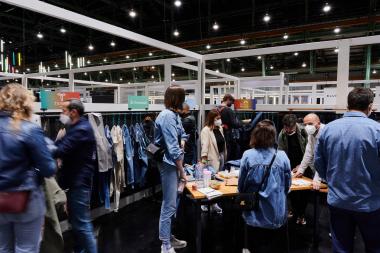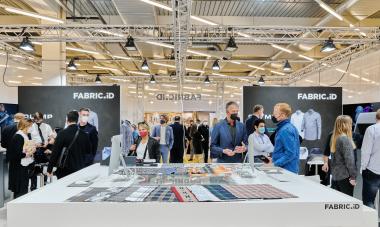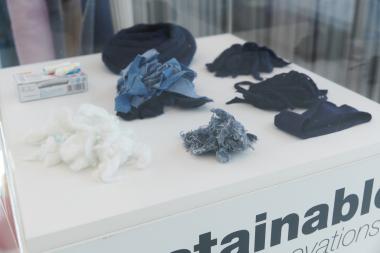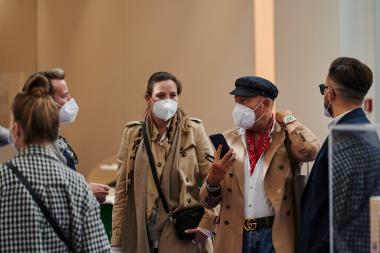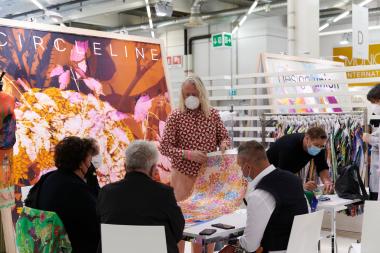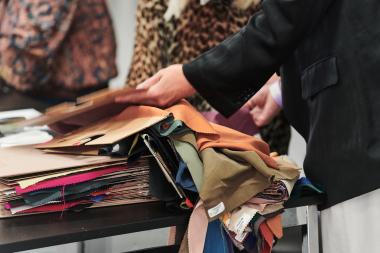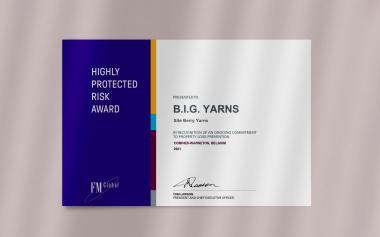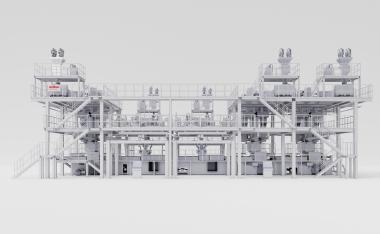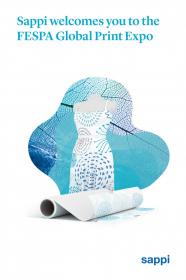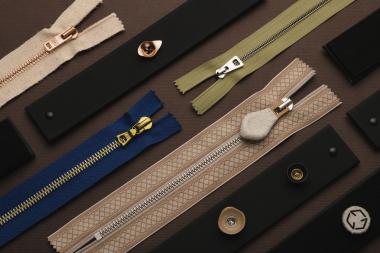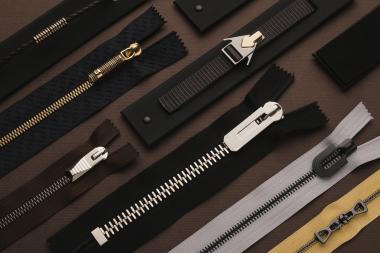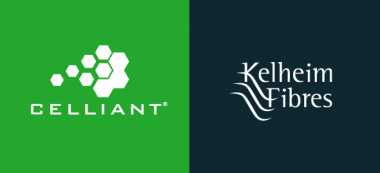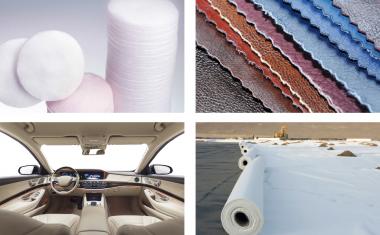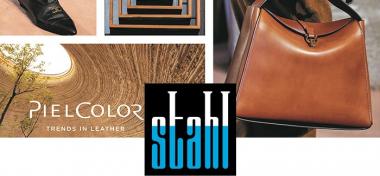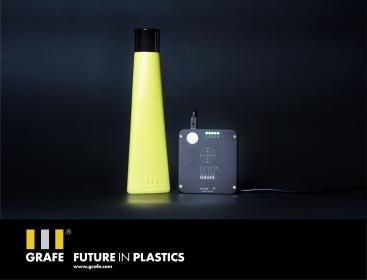Rieter CAMPUS – Foundation Stone Laid
- Rieter CAMPUS strengthens innovation strategy and technology leadership position
- Customer and technology center and administration building ready for occupancy in 2024
- Commitment to the Winterthur site and to Switzerland as a business location
On September 8, 2021, the foundation stone was laid for the Rieter CAMPUS on the western part of the Rieter site at the Winterthur location, which includes a customer and technology center as well as an administration building. The Rieter CAMPUS will make an important contribution to the implementation of the innovation strategy and to the enhancement of the company’s technology leadership position. At the same time, the investment of around CHF 80 million is a commitment to the Winterthur site and to Switzerland as a business location.
With a floor area of over 30 000 m2, the Rieter CAMPUS offers space for around 700 ultra-modern workplaces. For this purpose, Rieter and a specialist in office architecture have developed a contemporary space concept for the “Open Space Office” that is tailored to the needs of the company, divided into meeting rooms, focus rooms and some individual offices. The underground car park provides 88 parking spaces, and a further 12 outdoor parking spaces are being created in front of the technology center. “In the course of its 225-year company history, Rieter has helped shape the city of Winterthur. The foundation for the future as a leading technology company is now being created with the new CAMPUS. In this way, Rieter is giving a clear indication of its commitment to the Winterthur site and to Switzerland as a business location”, commented Bernhard Jucker, Chairman of the Board of Directors of Rieter Holding AG.
Innovation is an important part of Rieter’s strategy and crucial for the company’s success. For this reason, Rieter invests more than CHF 50 million annually in research and development. Thanks to this commitment, Rieter is making a decisive contribution to the further development of systems for sustainable yarn production and their digitization. The Rieter CAMPUS will provide an attractive working environment that promotes creativity and innovation. The new CAMPUS is a showcase project in terms of economic feasibility, energy efficiency and sustainability. Rieter relies on renewable energy for construction. This includes heat generation via geothermal probes and a photovoltaic system on around 1 300 m2 of roof area. “In this way, the entrepreneurial focus on sustainable and energy-efficient solutions for yarn production is reflected in the overall concept of the CAMPUS,” emphasized Rieter CEO Norbert Klapper. The move into the new building is planned for 2024.





